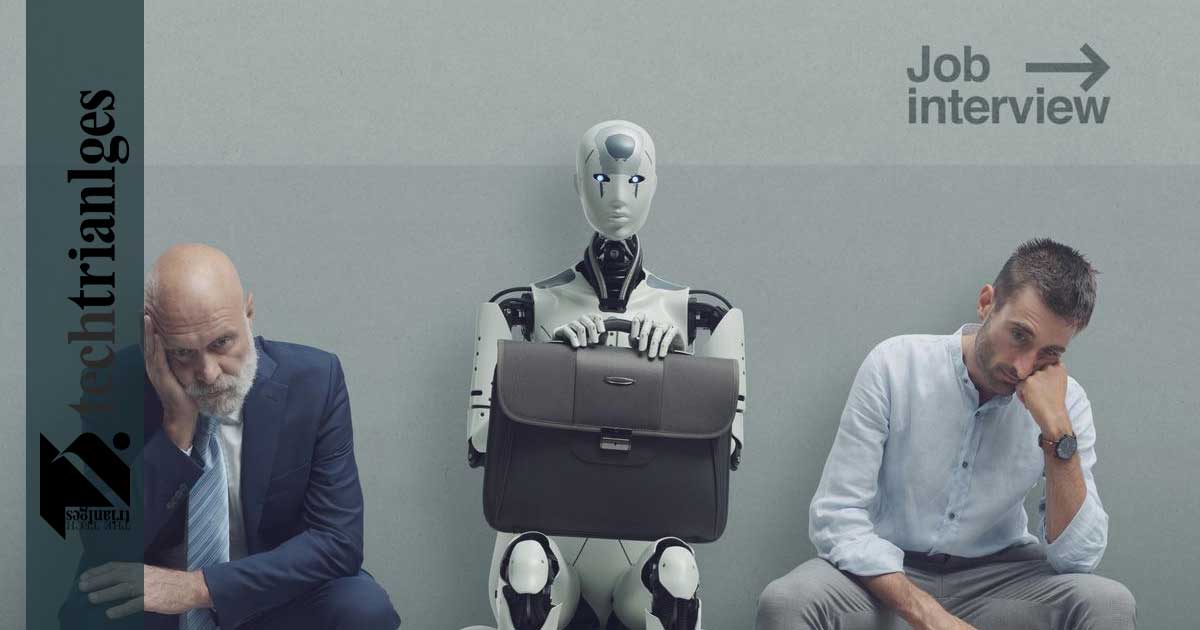Will artificial intelligence really replace you in your job? Some outlets think so, and these are the most susceptible jobs.
A couple of months ago a trend began on social networks: uploading a series of portraits made by an AI program to Instagram. Some artists rebelled against the use of these technologies: Artificial intelligence is taking over my jobs, they complained. Although to the contemporary gaze, it might seem like an exaggeration, it could be that they are not so far from reality.
In a loud —but silent— way, this type of development has been integrated into people’s daily lives. From robots that answer customer service calls to complex text editing are being carried out with artificial intelligence programs. These are the jobs that, in less than a decade, could replace the human workforce in favor of a more profitable algorithm.
Customer service
It has happened to us. When trying to make a call to the bank or any ticketing service, the voice answering the phone is certainly not human. This is so because, for these types of jobs, companies find it more efficient to use artificial intelligence than to hire one more employee.
Beyond Agency carried out a study in which a percentage of probability is estimated for artificial intelligence to take over certain jobs. The phenomenon is governed, according to the agency, according to the level of social interaction or empathy that the job requires.
In the case of call centers, it is much more likely, since the interactions can be automated. Therefore, an 87% probability is estimated. Even so, the waiting times are eternal.
Manufacture of medicines and care in pharmacies
Another of the jobs that artificial intelligence could take is the manufacture of medicines on an industrial scale. In fact, it’s already happening: annually, according to Beyond, it’s already ” replacing millions of jobs with machinery doing the same job.” And the most impressive thing is that it does it much faster.
In terms of times and movements, it is convenient for companies that an algorithm takes care of exactly the same function — each time with fewer errors, and with more production capacity. For this reason, the agency estimates an 81% probability for this type of more technical work.
Parcel delivery at home
Robots and drones are currently being programmed to cover the courier services sector. With artificial intelligence, these jobs are carried out with greater logistical precision, so that the supply chain is faster and less expensive, the agency explains.
Currently, companies like Starship Technology have already turned completely to the use of machines to complete their orders at home. Not only parcels but also food orders to take home were taken into account. The first robots were launched in 2014, and now they have been successfully established in various countries. For this reason, Beyond rates these types of human jobs with an 88% risk of disappearing.
Medical services
Human beings are fallible. Under the philosophy that artificial intelligence can take certain jobs, the role of surgeons will also falter in less than 10 years. According to Beyond, within the next decade, robots will be able to be programmed to perform complex surgeries on their own. More than anything the machines do not get tired, leaving specialized professionals aside.
The militia
In February 2022, the United States made public the initiative to patrol the border with Mexico with robots. The robot dogs that the United States plans to send to the border with Mexico are not yet in the field. On the contrary, they are still in the ‘early testing’ stages. As documented by the civil society organization the Electronic Frontier Foundation (EFF), the machines are designed to record and transmit in real-time.
The problem does not end there. The ambition of countries with robust military systems is to replace entire armies with robots that don’t feel, don’t complain—and don’t die. On the contrary, it is enough to repair them so that they can fight again. The best example is the United Kingdom which, by 2030, ” autonomous robots could soon form a quarter of the army “, according to the country’s military chief.








